On 11 March, 2011, Japan was struck with a powerful earthquake from its main island, Honshu. This triggered a savage tsunami that hit much of the northeastern coast of the nation. Following the disaster, casualties reached over 19,000, with many more people marked "missing." Among the missing persons was Yuko Takamatsu, the wife of Yasuo Takamatsu. Despite losing her to the tsunami, Yasuo remains hopeful of recovering her last remains and continues to dive into the ocean to find her.
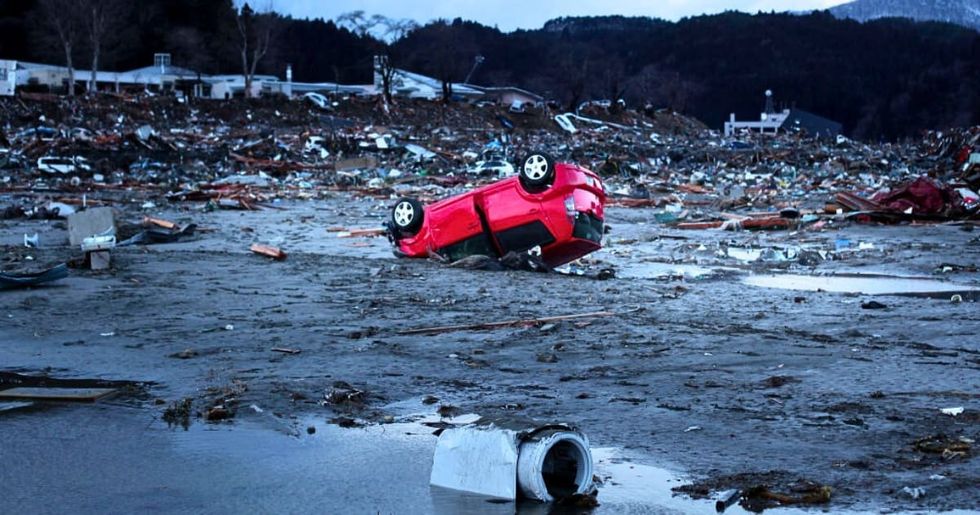
To retrieve her body, Yasuo decided to take up diving lessons at 56 to venture into the deep ocean. From 2013 to date, he has made hundreds of dives into the ocean in an attempt to find her but unfortunately, he has not been able to trace her remains. However, Takamatsu's undying love for Yuko keeps him going and he is still hopeful that one day he will be able to find her.
According to a report by the NY Times, the couple first met in 1988, when Yuko was 25 and an employee at the 77 Bank in Onagawa. Takamatsu, on the other hand, was a soldier in Japan’s Ground Self-Defense Force and his boss introduced them. Since the day they met, they fell in love instantly. He described her as gentle and said that he liked her smile and modest nature. Yuko was always interested in listening to classical music and had a knack for painting as she used watercolors on canvasses - which she showed to no one but her dearly beloved husband.
Finding a body in the depths of the ocean was never going to be an easy ask for Takatmatsu, with many even discouraging him from taking the task. Finding Yuko in the vast spaces of the ocean would be comparable to finding a needle in a haystack. But Takamatsu remains adamant about his choices and says, "At the age of 56, the reason I’m actually interested in learning to dive is that I’m trying to find my wife in the sea.”
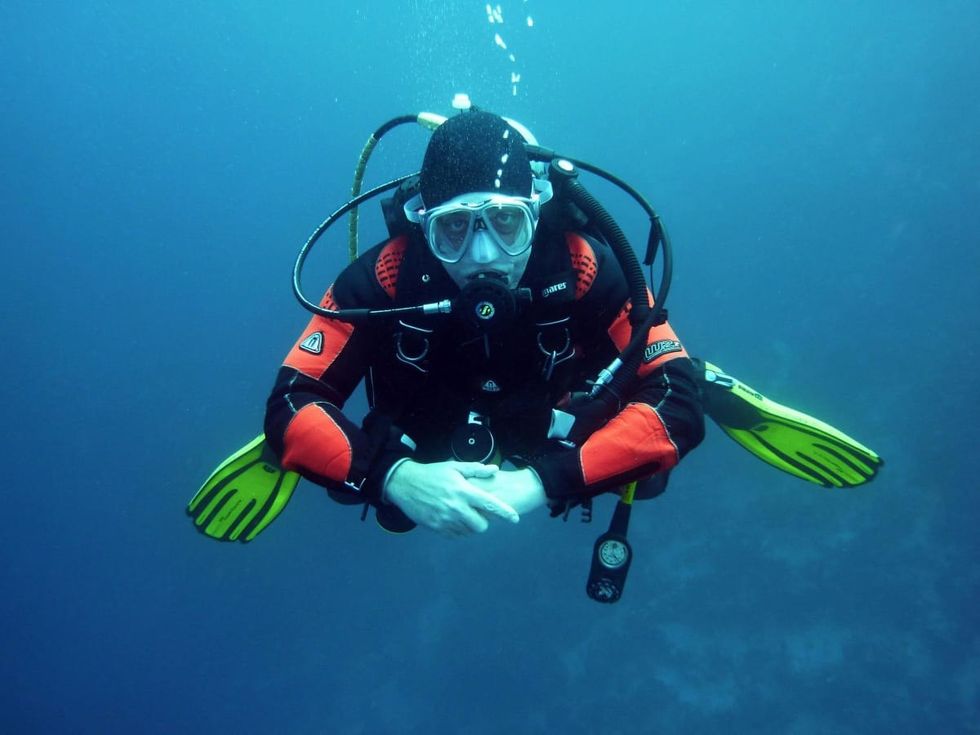
The search has not been easier for the husband. "I expected it to be difficult,” Takamatsu said and added, “And I’ve found it quite difficult, but it is the only thing I can do. I have no choice but to keep looking for her. I feel closest to her in the ocean."
Months after the tsunami, Takamatsu had found his wife’s cell phone in the parking lot of her workplace with a gut-wrenching unsent text that he couldn't receive. “So much tsunami,” it read, as per The Wrap. Meanwhile, Tetsuya Takagi, a forensic pathologist at Tohoku Medical and Pharmaceutical University in Sendai, talked about the fate of bodies that are washed away into the oceans.
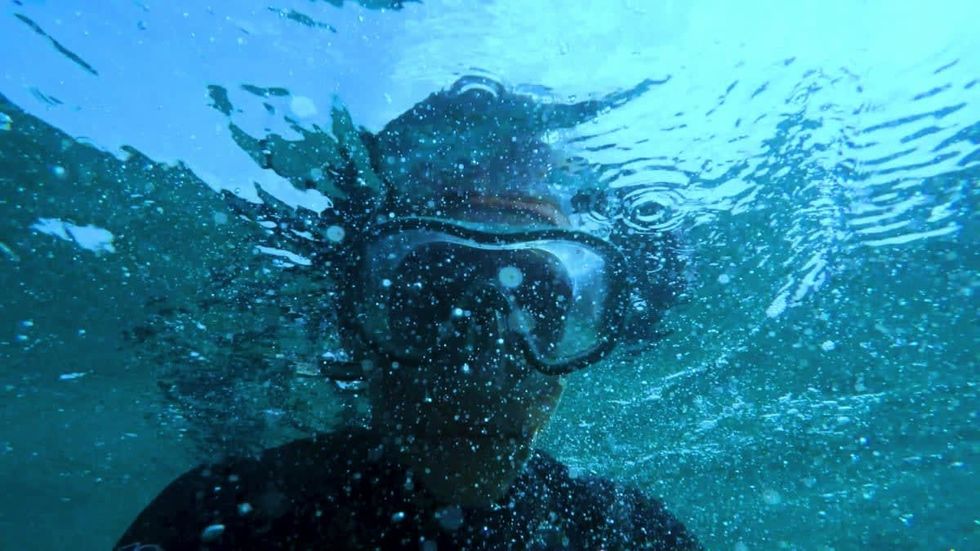
"If a body is taken into the ocean and disappears, it’s hard to say what happens to it. No one ever really knows how the sea moves or flows. If a body is pulled down to a certain depth, it stays there. If it catches in fishing equipment, it might float across the Pacific and turn up in Hawaii. A body in the sea will mostly become soft as cheese so that if you touch it, the skin falls apart. In other cases the body may become encased in a substance called grave wax that makes it turn hard like plaster," he said.
A short film based on the life of Yasuo Takamatsu has also been made and screened at various film festivals. Titled "Nowhere to Go but Everywhere," the documentary has been directed by Erik Shirai and Masako Tsumura.
This article originally appeared 7 months ago.





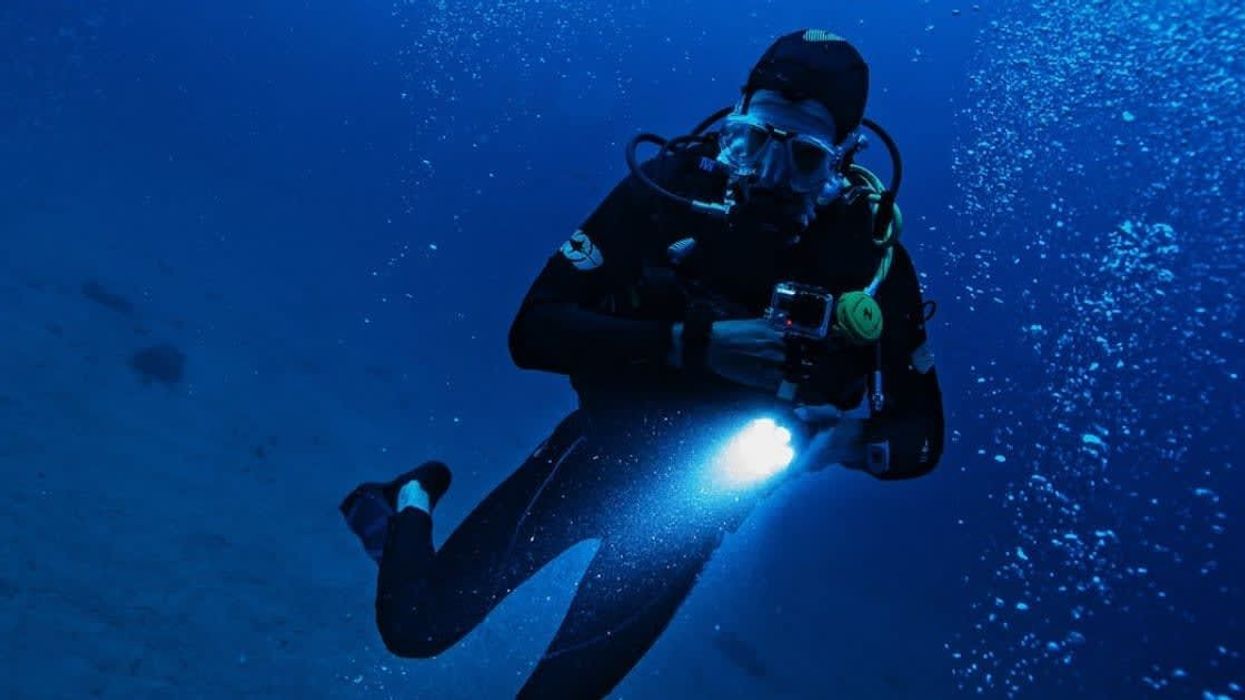












 A symbol for organ donation.Image via
A symbol for organ donation.Image via 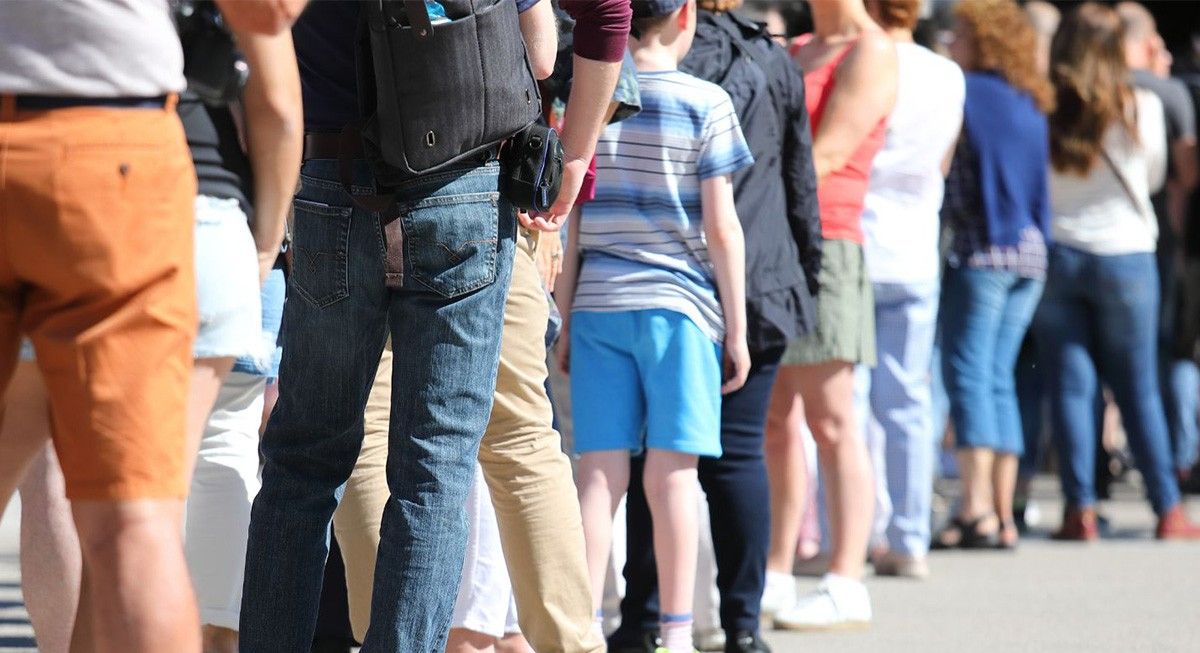 A line of people.Image via
A line of people.Image via  "You get a second chance."
"You get a second chance." 
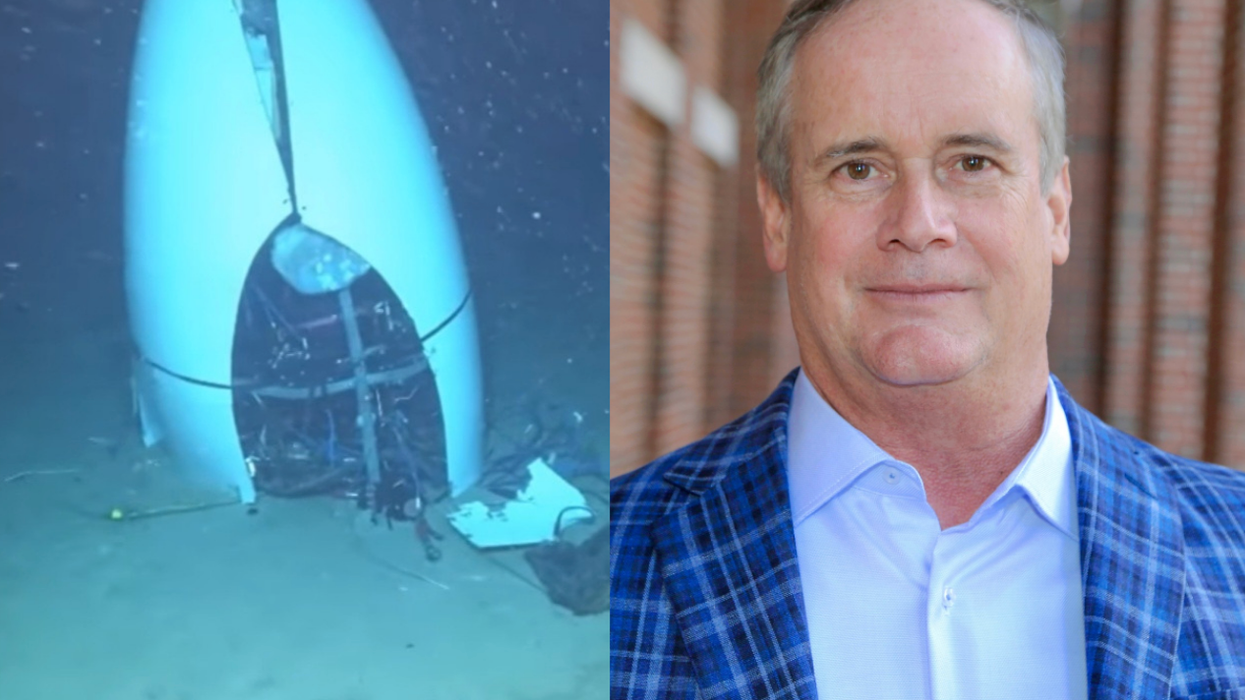

 36 is the magic number.
36 is the magic number. According to one respondendant things "feel more in place".
According to one respondendant things "feel more in place". 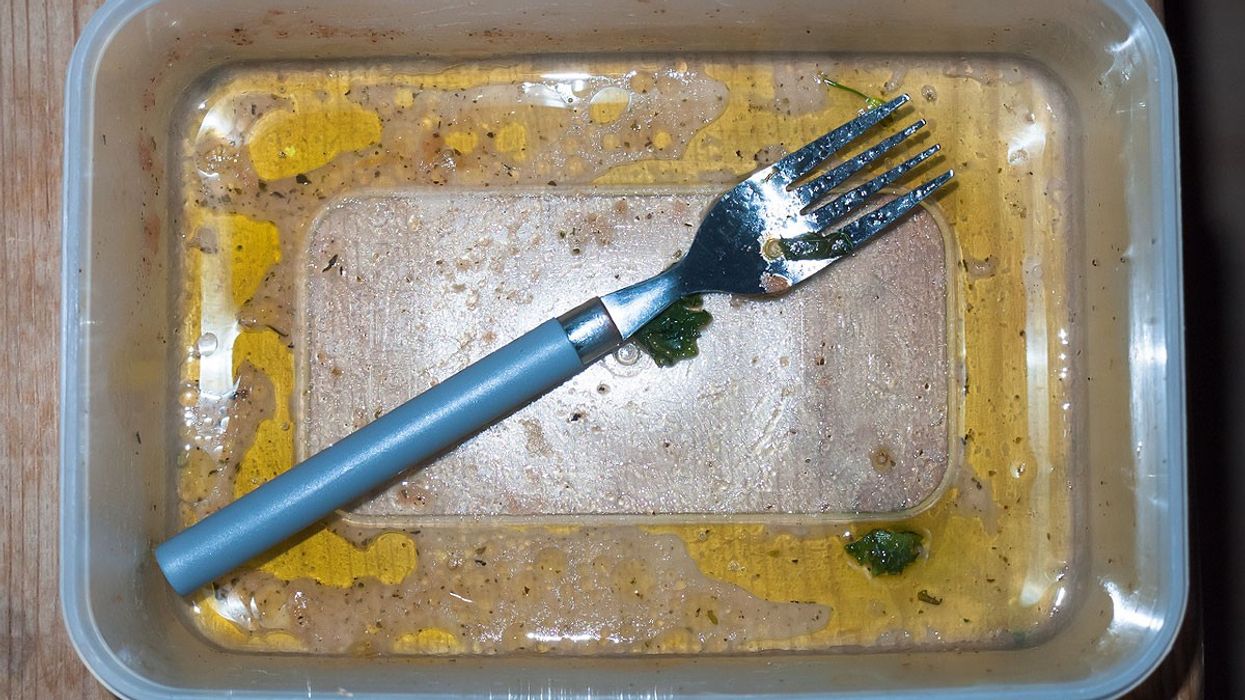
 Some plastic containers.Representational Image Source: Pexels I Photo by Nataliya Vaitkevich
Some plastic containers.Representational Image Source: Pexels I Photo by Nataliya Vaitkevich Man with a plastic container.Representative Image Source: Pexels | Kampus Production
Man with a plastic container.Representative Image Source: Pexels | Kampus Production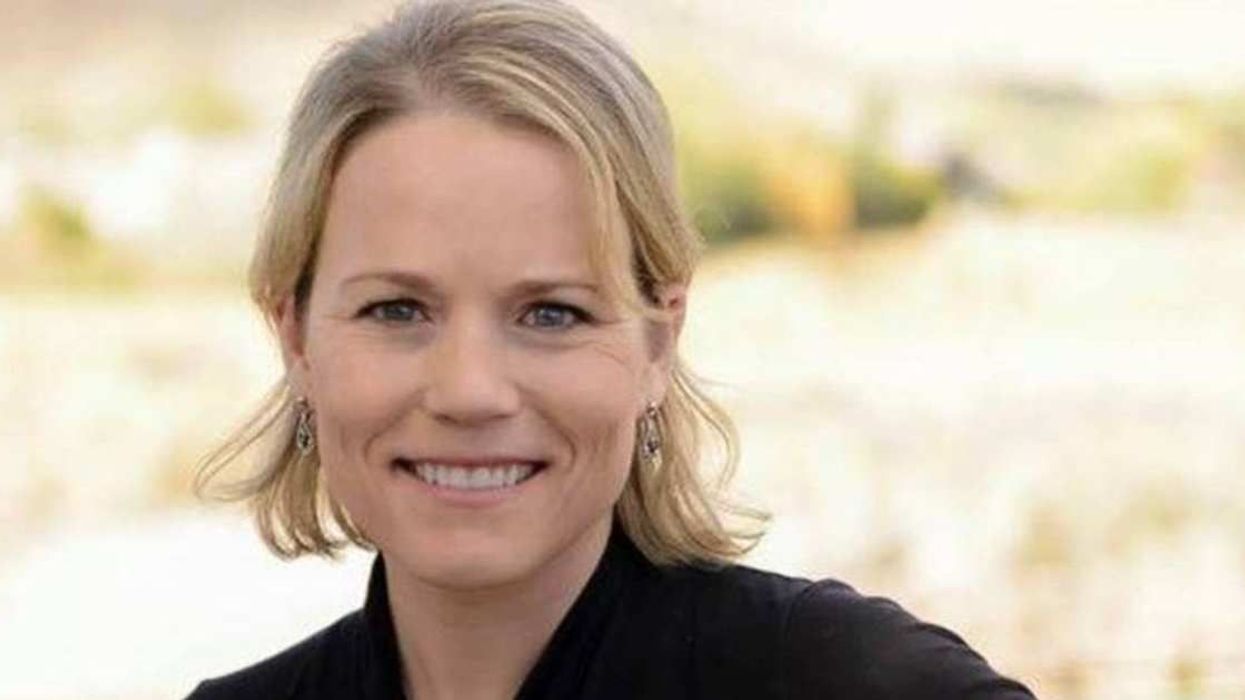
 Canva
Canva It's easy to let little things go undone. Canva
It's easy to let little things go undone. Canva
 Teens are waiting longer than at any point in the survey’s history. Canva
Teens are waiting longer than at any point in the survey’s history. Canva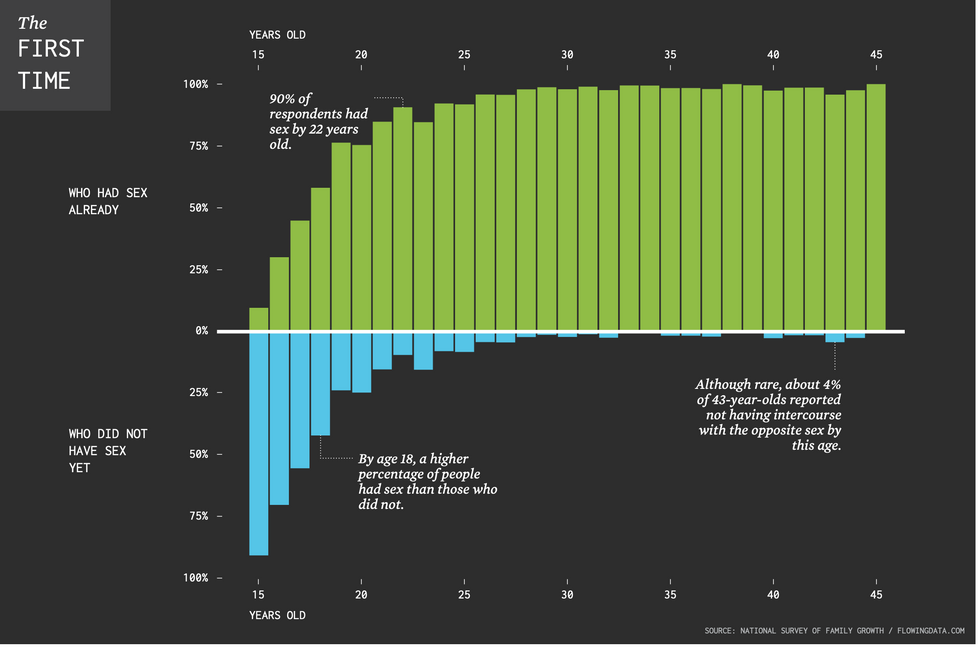 Chart on the age of a person’s first time having sex.National Survey of Family Growth/flowing data.com | Chart on the age of a person’s first time having sex.
Chart on the age of a person’s first time having sex.National Survey of Family Growth/flowing data.com | Chart on the age of a person’s first time having sex.
 Kids know the good adults from the bad.
Kids know the good adults from the bad.